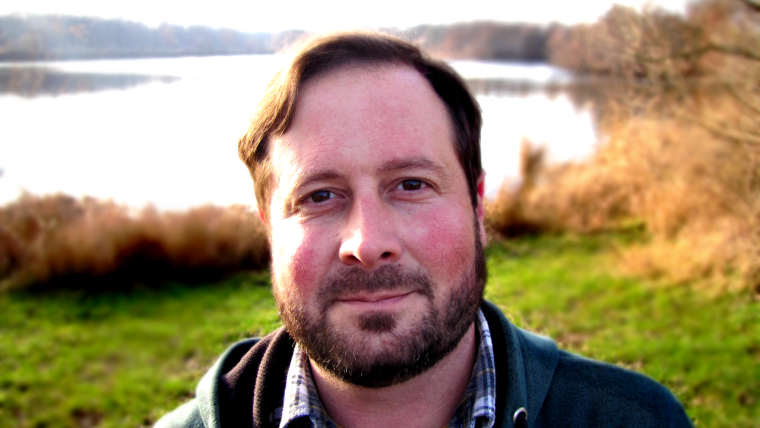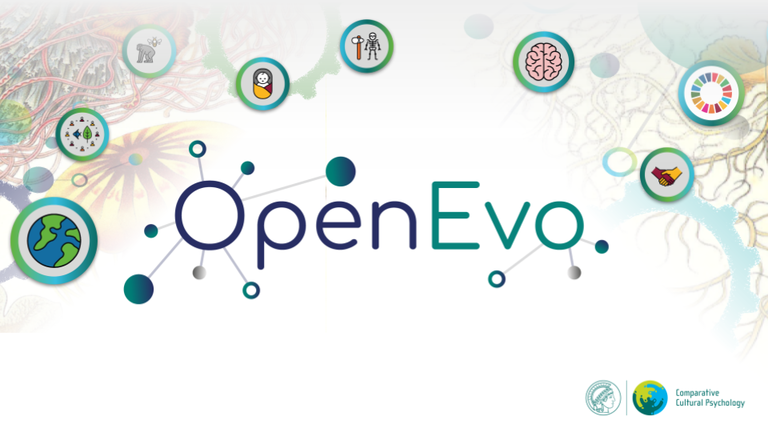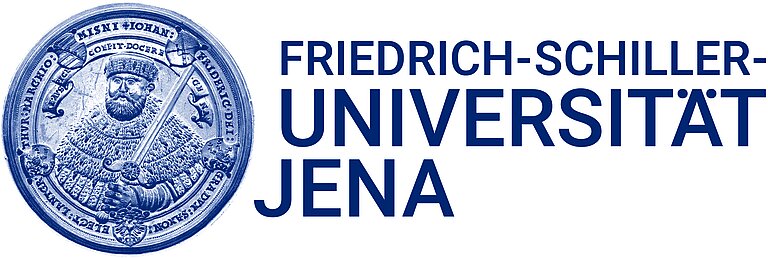Dustin Eirdosh

Education innovation coordinator
Postdoctoral researcher
Department of Comparative Cultural Psychology
Max Planck Institute for Evolutionary Anthropology
Deutscher Platz 6
D-04103 Leipzig
Germany
phone: +49 (0) 341 3550 410
email: dustin_eirdosh@[>>> Please remove the text! <<<]eva.mpg.de
CV and professional pages: https://openevo.eva.mpg.de/about/dustin-eirdosh/
Research Interests
I am interested in educational innovation research related to teaching and learning at the intersection of evolution, behavior, and sustainability science. Working through collaborations across scientific institutions, international non-profits, and local classrooms, our projects use human social behavior as a conceptual lens for interdisciplinary education.
Our foundations in biology education provide a base for interdisciplinary explorations and understandings of human behavior, cognition, and culture. Research cooperation with the AG Biologiedidaktik (Biology education working group) in Jena provides a dynamic space for innovation development and testing of our educational design concept.
Publications
Sánchez Amaro, A., Eirdosh, D., & Haun, D. (2024). Studying Great Apes and Cultural Diversity To Understand the Human Mind. Frontiers for Young Minds, 12: 1337514. |
Hanisch, S., & Eirdosh, D. (2023). Developing teacher competencies for teaching evolution across the primary school curriculum: a design study of a pre-service teacher education module. education sciences, 13(8). |
|
Eirdosh, D., & Hanisch, S. (2023). A community science model for inter-disciplinary evolution education and school improvement. In A. du Crest ( |
|
Hanisch, S., & Eirdosh, D. (2023). Behavioral science and education for sustainable development: towards metacognitive competency. Sustainability, 15(9): 7413. |
|
Hanisch, S., Eirdosh, D., & Morgan, T. (2023). Evolving cooperation and sustainability for common pool resources. In X. Sá-Pinto, A. Beniermann, T. Børsen, M. Georgiou, A. Jeffries, P. Pessoa, B. Sousa, & D. L. Zeidler ( |
Bachmann, M. E., Kulik, L., Gatiso, T., Nielsen, M. R., Haase, D., Heurich, M., Buchadas, A., Bösch, L., Eirdosh, D., Freytag, A., Geldmann, J., Ghoddousi, A., Hicks, T. C., Ordaz-Németh, I., Qin, S., Sop, T., van Beeck Calkoen, S., Wesche, K., & Kühl, H. S. (2022). Analysis of differences and commonalities in wildlife hunting across the Africa-Europe South-North gradient. PLoS Biology, 20(8): e3001707. |
|
Gatiso, T. T., Kulik, L., Bachmann, M. E., Bonn, A., Bösch, L., Eirdosh, D., Freytag, A., Hanisch, S., Heurich, M., Sop, T., Wesche, K., Winter, M., & Kühl, H. S. (2022). Effectiveness of protected areas influenced by socio-economic context. Nature Sustainability, 5, 861-868. |
|
Hanisch, S., & Eirdosh, D. (2022). Cooperation as a causal factor in human evolution: a scientific clarification and analysis of German high school biology textbooks. Journal of Biological Education, 1-25. |
Hanisch, S., & Eirdosh, D. (2021). Are humans a cooperative species? Challenges & opportunities for teaching the evolution of human prosociality. The American Biology Teacher, 83(6), 356-361. |
|
Hanisch, S., Eirdosh, D., Schaefer, M., & Haun, D. B. M. (2021). What is “fair” is not the same everywhere. Frontiers for Young Minds, 9: 580435. |
|
Eirdosh, D., & Hanisch, S. (2021). Evolving Schools in a Post-pandemic Context. In W. Leal Filho ( |
|
Eirdosh, D., & Hanisch, S. (2021). Opportunities and challenges in qualitative data synthesis for school culture research. Talk presented at Workshop "Human Research Data in Practice". Munich. 2021-04-20 - 2021-04-20. |
|
Eirdosh, D., & Hanisch, S. (2021). The music and social bonding hypothesis does require multilevel selection. Behavioral and Brain Sciences, 44: e69. |
|
Hanisch, S., & Eirdosh, D. (2021). Causal mapping as a teaching tool for reflecting on causation in human evolution. Science & Education, 30, 993-1022. |
Eirdosh, D., & Hanisch, S. (2020). Can the science of Prosocial be a part of evolution education? Evolution: Education and Outreach, 13: 5. |
|
Hanisch, S., & Eirdosh, D. (2020). Conceptual clarification of evolution as an interdisciplinary science. edarxiv. |
|
Hanisch, S., & Eirdosh, D. (2020). A teacher's guide to evolution, behavior, and sustainability science. 2nd Edition. GlobalESD. |
|
Hanisch, S., & Eirdosh, D. (2020). Educational potential of teaching evolution as an interdisciplinary science. Evolution: Education and Outreach, 13(25). |
Eirdosh, D., & Hanisch, S. (2019). The role of evolutionary studies in education for sustainable development. In D. Sloan Wilson, G. Geher, H. Mativetsky, & A. C. Gallup ( |
|
Hanisch, S., & Eirdosh, D. (2019). A teacher's guide to evolution, behavior, and sustainability science. GlobalESD. |
Eirdosh, D., & Hanisch, S. (2017). Cultural Evolution in the Biology Classroom: A Design-Based Research Model in Education for Sustainable Development. Poster presented at Inaugural Cultural Evolution Society Conference, Jena. |


 Open Access
Open Access